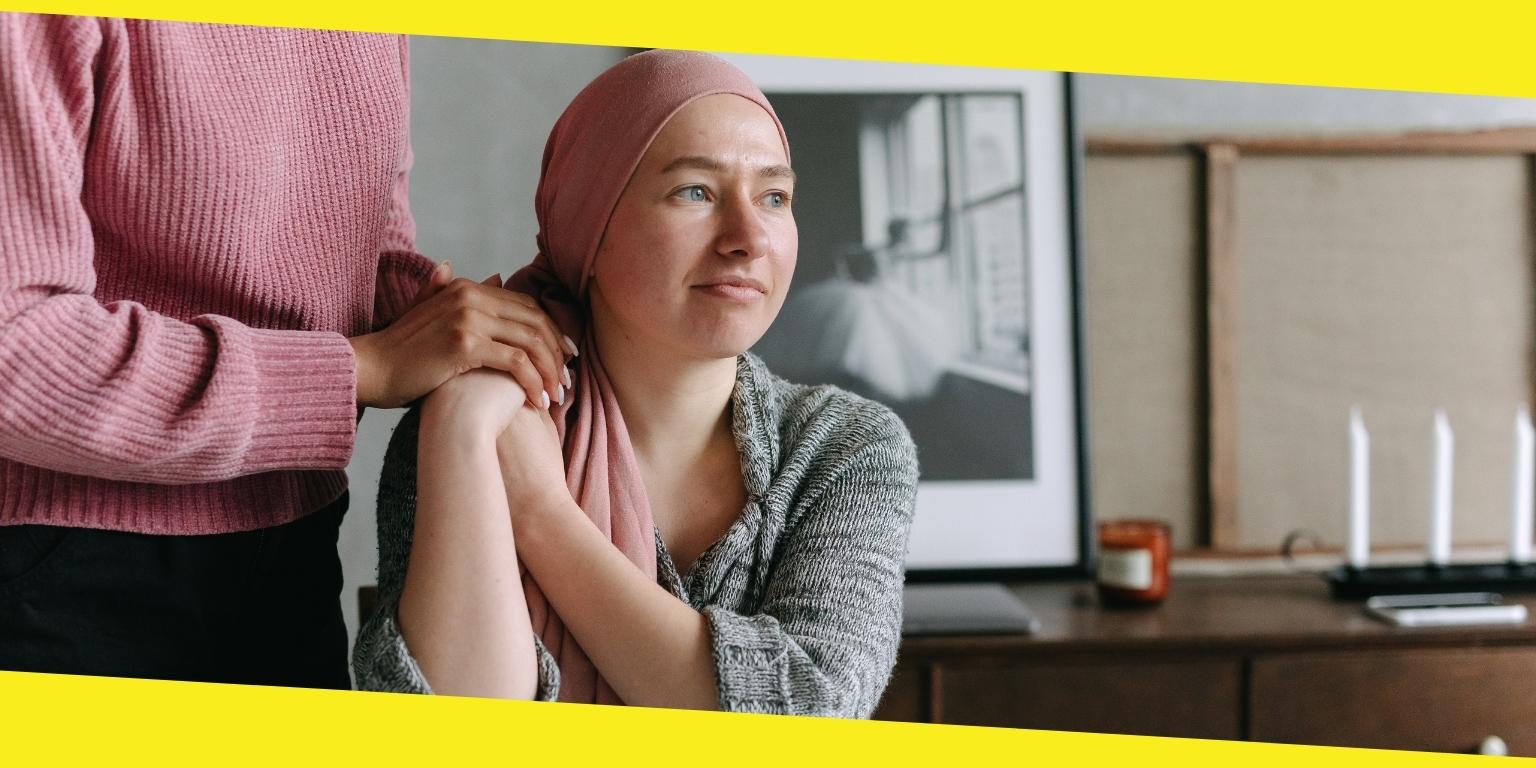8 Finance Tips for People Battling Cancer

Cancer is, unfortunately, the leading cause of death worldwide, and the financial burden that comes with it can be crippling. According to Statista, the number of new cancer cases expected among American women in 2022 is 935,000. But there’s light at the end of the tunnel. Cancer is no longer a death sentence, and with the right treatments, you can emerge victoriously.
To increase your chances of beating cancer, you must get the best treatment possible. Surgery, radiation therapy, transplant, and immunotherapy are some of the available cancer treatments.
The type of treatment mainly depends on your cancer stage, age, general health, and preferences. However, the thing that stays common throughout is the sky-high medical bills. Cancer treatments can put a massive dent in your savings, and the costs can quickly pile up. A study found that the monthly median cost of cancer treatment is $11,755 in the U.S.
With such excessive costs, it’s no wonder that cancer patients often find themselves in debt. So, to avoid any further stress, financial or emotional, it’s essential to have a plan.
Here are some financial tips for people battling cancer:
1. Accept Help Wherever It Comes From
You don’t have to go through this period alone. Your family and friends want to help, so let them. Whether with childcare, groceries, or moral support, take them up on their offer.
If you’re struggling financially, speak to them openly about it. There’s no shame in being honest and straightforward about your situation. Besides, your family and friends may be able to help you get started with a trust fund or offer to cover some of your medical costs. Nowadays, cancer patients have access to financial assistance in various forms. However, it’s viable to gain trust fund information and explore your options.
2. Discuss Your Situation with Your Doctor
Your doctor should be your number one ally. They can help you understand your treatment options and find programs to assist with the costs. Tell your doctor if you cannot take your medicines due to unaffordability. They may be able to get you free or low-cost drugs through pharmaceutical companies or other programs.
Some hospitals have financial assistance programs that can help with the cost of treatment. You can also ask your doctor about clinical trials which may offer free or reduced-cost treatments.
3. Look into Cancer Financial Aid Programs
Many organizations provide financial assistance to cancer patients. The American Cancer Society, for example, offers a program called “Road to Recovery,” which offers free transportation to and from cancer treatments.
The Leukemia & Lymphoma Society also has a Patient Financial Aid program that provides financial assistance for patients with blood cancers. Cancer Care is another excellent organization that provides financial assistance, free counseling, and support groups for cancer victims and their families. You can also expect to get help with child care, transportation, and home care.
These are just a handful of examples of the many financial aid programs available to cancer patients. So, research and find the ones that can help you cover your treatment costs.
4. Apply for Government Benefits
Cancer patients may be eligible for government benefits, such as Social Security disability benefits and Medicaid. So, to apply for Social Security disability benefits, you must fill out an application and provide medical evidence of your cancer diagnosis and treatment.
Medicaid is a government health insurance program that provides free or low-cost coverage to low-income individuals and families. Each state has different eligibility requirements, so it’s imperative to check with your state’s Medicaid office.
You can also check if you qualify for the Social Security Administration’s Supplemental Security Income (SSI) program. The requirements for this program vary from those for Social Security disability benefits, so check with your local SSA office.
5. Create a Budget
Nothing can save the day quite like having a plan. When it comes to finances, this means creating a budget. Start by adding up all your income, including government benefits, trust fund payments, or money from family and friends. Then, list out all of your expenses. Be sure to include things like medical costs, transportation costs, and the cost of everyday living expenses.
Once you have your income and expenditures figured out, you can determine where to cut back. Maybe you can take the bus instead of driving, or cook at home more often. Whatever it is, find ways to save money so that you can put more towards your treatment.
Various online budgeting tools can also help you track your spending and create a budget.
6. Crowdfunding
Crowdfunding is a significant way to raise money for your treatment. You can set up a page on a crowdfunding website like GoFundMe and share your story. Be sure to set a realistic goal and update your page regularly to let people know how you are doing.
Crowdfunding can be helpful in many ways, but it is not always easy. You will need to put in a lot of effort to promote your page and get people to donate. The key is to keep it positive and never give up.
7. Negotiate Your Bills
People often blindly pay the bills each month without even thinking about them. But if you are constantly struggling to make ends meet, it may be time to start negotiating your bills.
For instance, check with your credit card company and ask for a lower interest rate. Or contact your healthcare practitioner’s office and see if they can provide a payment plan. It’s also worthwhile to remember that you have rights as a consumer. The Federal Trade Commission’s website provides information on your rights as a consumer.
Many organizations can help you negotiate your bills, such as the National Foundation for Credit Counseling and the National Consumer Law Center.
8. Review Your Insurance Coverage
If you have health insurance, review your coverage carefully. You may be surprised to find out what is and is not covered. Some insurance plans cover the treatment costs, while others only cover a portion. And some plans may not cover certain types of treatment, such as experimental therapies.
Likewise, remember that you have the right to appeal if your insurance company denies coverage for treatment.
If you do not have health insurance, there are still options available. The federal government offers a Health Insurance Marketplace program, which provides affordable healthcare options for low-income individuals and families.
Final Thoughts
Cancer is a terrifying term, no matter how you slice it. It’s stressful to think about the future when dealing with such a difficult diagnosis. You may feel like the world may come crashing down when diagnosed with cancer. The mere thought of chemotherapies, constant hospital visits, and treatments can be soul-crushing.
But it is important to remember that you are not alone. There are millions of people all over the world who are battling cancer. And you can find online and offline support groups to help you through this tough time.
Most Inside
Most Inside offers high-quality recommendations and valuable updates to enhance all aspects of your life, providing premium guidance and enriching experiences.




